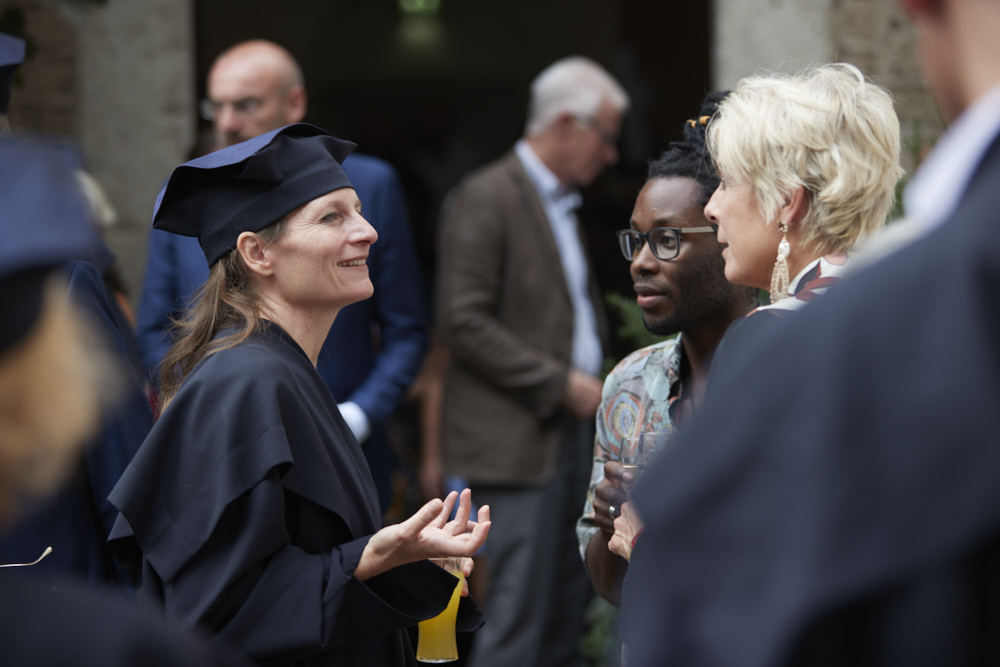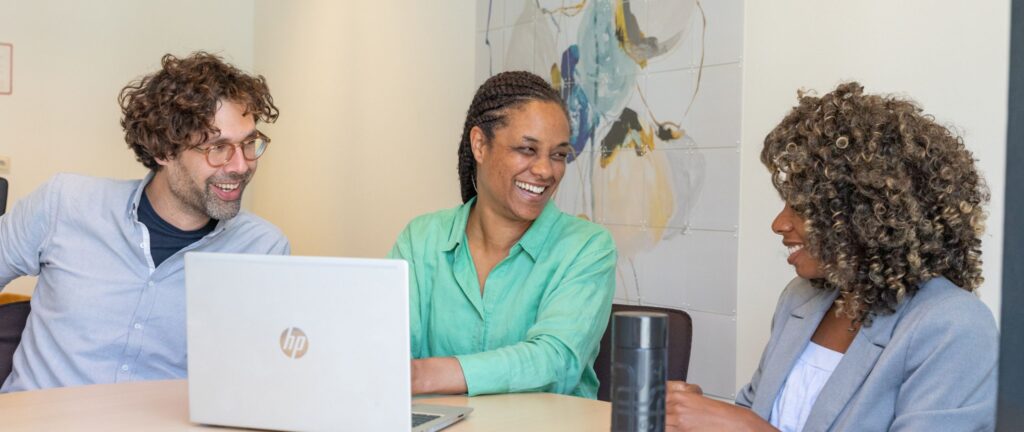Extraordinary acquaintance: collaborative research into seven policy initiatives in complex care
- Period: 2025-2028
- Status: ongoing
We face major challenges in caring for people with intellectual disabilities, especially those with complex care needs. There is a growing shortage of staff and financial concerns are increasing. To address this, organisations are developing various kinds of policy initiatives. In this research, we follow seven different initiatives in seven organisations. Each organisation contributes its own initiative. A core team is formed of residents, family members, care providers and others. This team examines how the initiative can contribute to future-proof care at a location for people with complex care needs. The team explores, develops and implements the initiative, with the support of researchers and experts. The organisations form a learning community. They share and develop knowledge about the content of the initiatives and about how we work together and organise ourselves. In this way, we try to find appropriate solutions for complex care.
Summary
In order to make care for people with disabilities future-proof, various initiatives are currently being developed and implemented to reorganise care, both at the national policy level and within individual organisations. An important part of these policy initiatives is focused on socialisation and inclusion in mainstream society and on cooperation between formal and informal care. This seems far removed from the current care for people with complex care needs and from the challenges and bottlenecks experienced at the locations where these people reside (Kennisplatform EVB+, 2023). Moreover, these locations are often dominated by the issues of the day and – partly due to staff shortages and turnover and the often challenging cooperation with relatives and other stakeholders – it is challenging enough to get through the day unscathed. Therefore, it is often not possible to operationalise new policy initiatives in an appropriate and sustainable manner for intensive care locations. Yet it is precisely here that people are dependent on care from the WLZ 24/7 for the rest of their lives.
In this study, we want to work with seven healthcare organisations to seriously address a policy initiative they consider urgent for future-proof healthcare. Each organisation will contribute its own initiative and propose a location that will serve as a signal location. We will then work on this “policy initiative for future-proof healthcare” at the location level, with all stakeholders from all levels of the organisation.
The collaborative knowledge we hope to gain during this project will be applied during the research process at the location – and, if desired, the organisation – where the research is taking place. In doing so, we expressly strive to give a sustainable follow-up to the collaboration and learning around each policy initiative. By working and learning together in this way at different locations, we aim to:
- make the lives of residents, their families and care providers more pleasant and less complicated
- gain more insight, together with all those involved, into how they can work together in an appropriate and sustainable way
- to shape and implement the selected policy initiatives in a way that does justice to all those involved
- to learn from each other about the seven jointly designed ways of organising to find solutions to current issues in complex care that other care organisations also face.
Researchers
- Dr Gustaaf Bos, project leader, researcher and co-supervisor
- Dr Eline Roelofsen, co-supervisor and researcher
- Wietske Verhagen, PhD student
- Prof Carlo Leget, supervisor
Partners
- Prisma
- Cello
- Amarant
- Zozijn
- Pluryn
- Philadelphia
- Amerpoort
(Co-)funding
ZonMw, programme langdurige zorg en ondersteuning II
Also see
Contact
Gustaaf Bos, g.bos@uvh.nl


